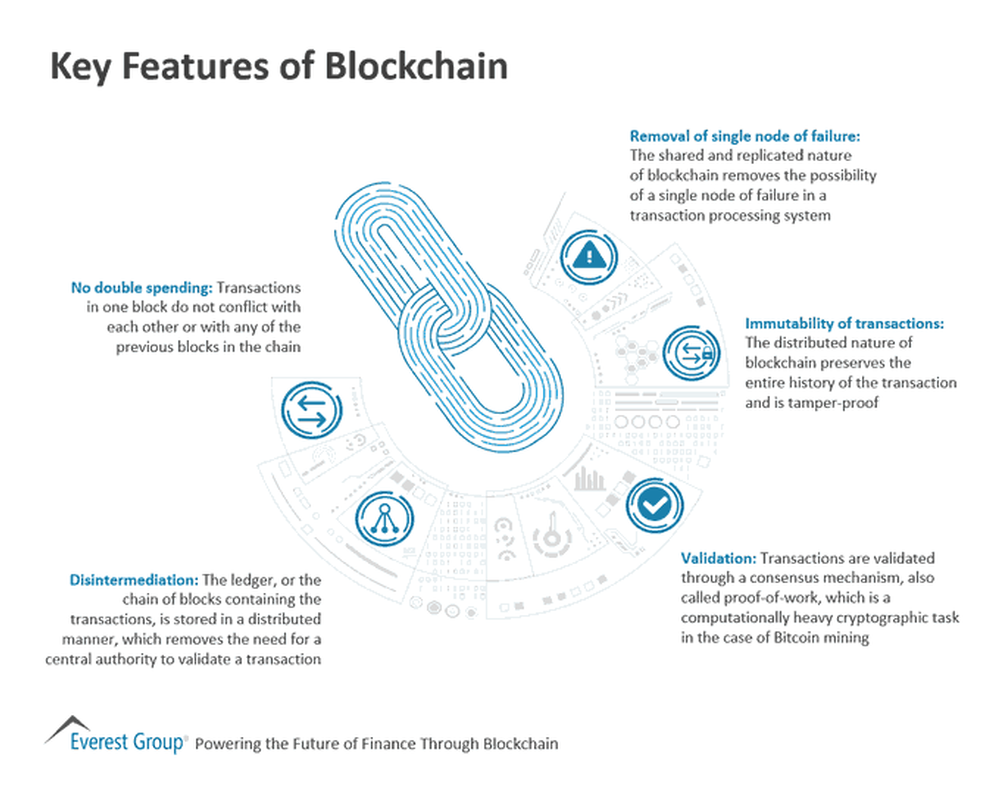How Businesses Can Use Blockchain Technology and dApps to Create a Fairer Marketplace for Consumers
- Loxicom
Categories: automation blockchain crypto crypto wallet dapps decentralization internet Loxicom smart contracts the new internet top amazon top selling products 2023 web 3.0

By: Shawn Chambers
Blockchain technology has long been at the center of public discourse for good reason. With its ability to provide secure, transparent and decentralized transaction processing that has the power to transform multiple industries; one area where it has proven its worth is creating more fair markets for consumers. We will explore how businesses can utilize this innovative technology through smart contracts and decentralized applications (dApps).
Blockchain Technology
Blockchain is a distributed ledger that maintains an ever-expanding list of records called blocks, each one containing cryptographic hashes of previous blocks, timestamp information and transaction details. This system is secure, transparent and decentralized: no single entity owns it - instead a network of computers work together to validate transactions on its ledger.
One of the key advantages of blockchain technology lies in its transparency. Every transaction recorded on the blockchain and available to everyone ensures an unalterable record of activities which helps prevent fraud, reduce transaction costs and foster greater trust between parties.
Smart Contracts
Smart contracts are self-executing contracts written directly in code that allow buyers and sellers to agree upon terms that automatically execute when certain conditions are met, eliminating the need for intermediaries.
Smart contracts could also facilitate payment between suppliers and retailers by automating payment between them, without third-party intermediaries and meeting both parties' obligations without fail. For example, they could automate the payment process when goods are shipped - dispersing payment as soon as the supplier sends their items!
Smart contracts can also help create more equitable payment structures. For example, they could be programmed to automatically distribute royalties based on each participant's contribution in creative projects, so each contributor receives their fair share of profits.
Decentralized applications (dApps) are applications which run on a blockchain network and give their users the advantages associated with blockchain technology, including decentralization, transparency and security. By giving consumers direct participation in decision making processes via dApps they can help create more equitable marketplaces for customers.
One such dApp could allow consumers to vote on the sustainability practices of a company using secure and transparent voting platforms like blockchain. Once recorded, these votes could then be used by management as they make decisions regarding sustainability measures within their operations - giving consumers direct influence in shaping how businesses do business.
Dapps also help establish more equitable supply chains by tracking goods using blockchain networks and using this data to ensure all participants in their supply chains receive fair compensation, ethical working conditions and pay. This method helps prevent exploitation while creating an equitable marketplace.
Blockchain, smart contracts and decentralized apps (dApps) offer great promise in creating an equitable marketplace for consumers. By increasing transparency while eliminating intermediaries while encouraging direct participation in decision-making processes businesses can level the playing fields among all involved.
Implementing blockchain technology may present its share of challenges for businesses; it requires significant investments in technology and infrastructure as well as expertise in creating and managing networks; but those willing to make these investments may reap significant rewards, including higher consumer trust ratings, reduced transaction costs and fairer markets.
The use of blockchain technology, smart contracts, and decentralized applications (dApps) to foster a fairer marketplace is certainly feasible. Businesses using these technologies can build trust with customers while creating more sustainable and equitable futures for all involved.
For more information check out this great book...